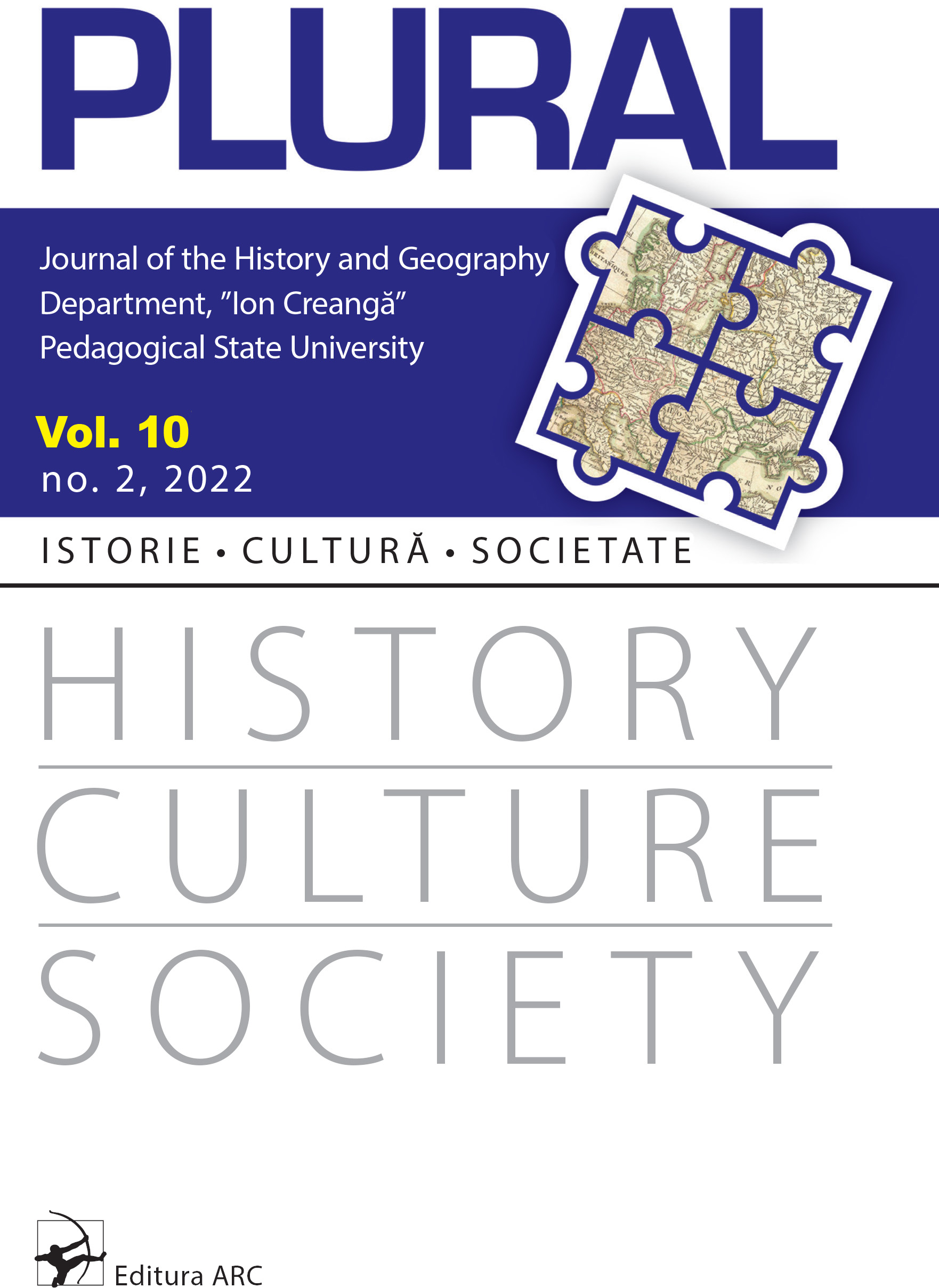The Orthodox Church and Education in Belarus as a Reflection of the Specific Pattern of Church-State Relations
The Orthodox Church and Education in Belarus as a Reflection of the Specific Pattern of Church-State Relations
Author(s): Sergei A. MudrovSubject(s): History, Education, Comparative history, History of ideas, Social history, Recent History (1900 till today), Eastern Orthodoxy
Published by: Facultatea de Istorie și Geografie, Universitatea Pedagogică de Stat „Ion Creangă”
Keywords: Orthodox Church; Belarus; education; school; the teaching of religion;
Summary/Abstract: This paper discusses the development of cooperation between the Orthodox Church and educational establishments in Belarus. The first Agreement on Cooperation between the Ministry of Education and the Belarusian Orthodox Church (BOC) was signed in 1994, several years before the adoption of a new Law on the Freedom of Conscience and the signing of the Agreement on Cooperation between the Church and the State. Although many objectives, stated in the first Agreement, were not met on time, there was a continuing and mutually beneficial cooperation between the Ministry and the BOC since then, with a series of Programmes of Cooperation, signed every 2-4 years. The Orthodox Church is the only religious denomination in Belarus which concludes Programmes of Cooperation with the Ministry of Education; however, one cannot claim that the general legislative framework is particularly favourable for this Church. Indeed, there are some restrictions, limiting the presence of the BOC and its representatives in educational establishments. Also, the Church has not managed to get the inclusion of the “Foundations of Orthodox Culture” and related courses in the curriculum. At the same time, these courses can be taught as optional subjects, at the request of parents. In addition, the BOC is able to organise various cooperation with educational establishments (seminars, lectures, regular talks, etc.); however, the scope and intensity of this cooperation largely depend on the will of the schools’ administration to interact with the Orthodox Church.
- Issue Year: 10/2022
- Issue No: 2
- Page Range: 152-169
- Page Count: 18
- Language: English

